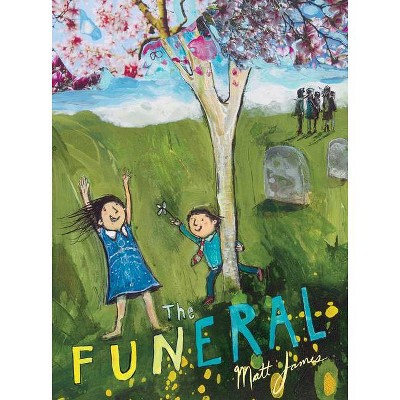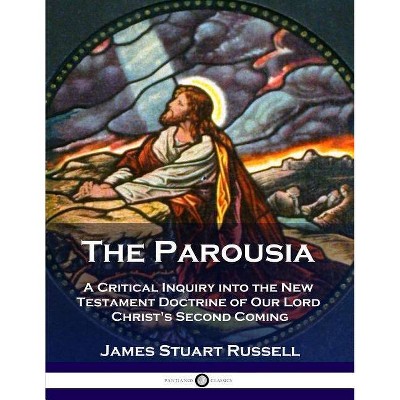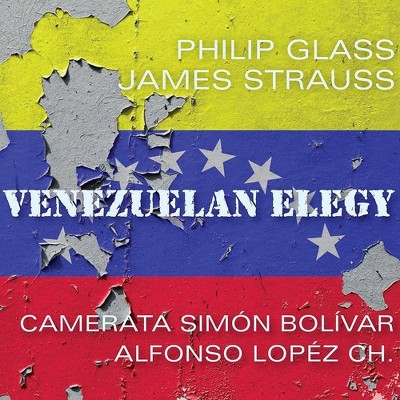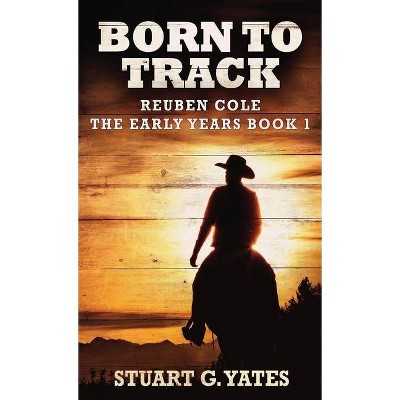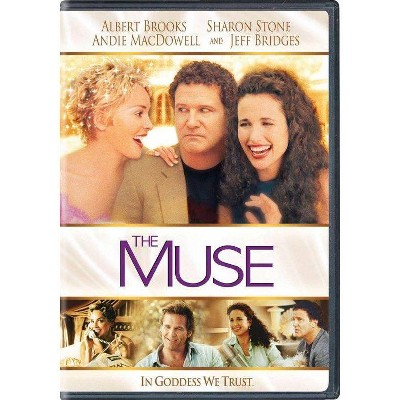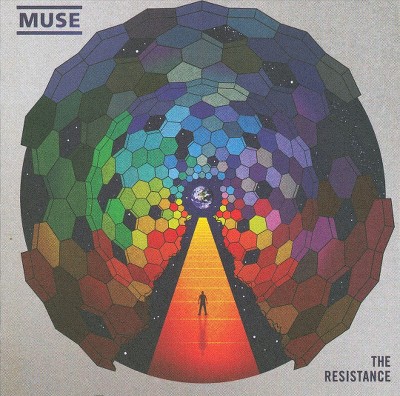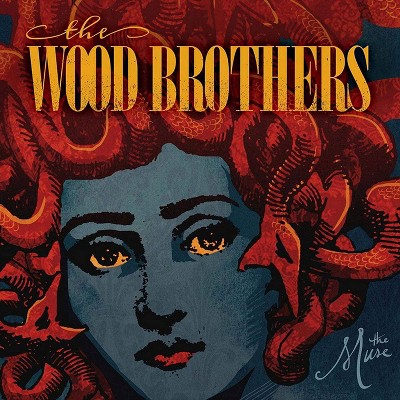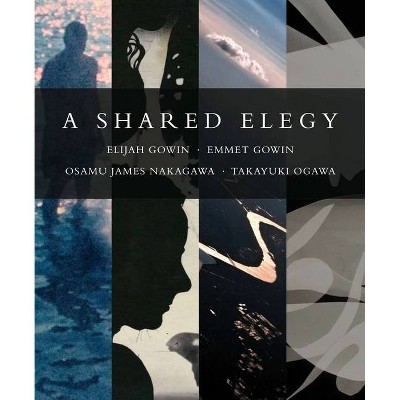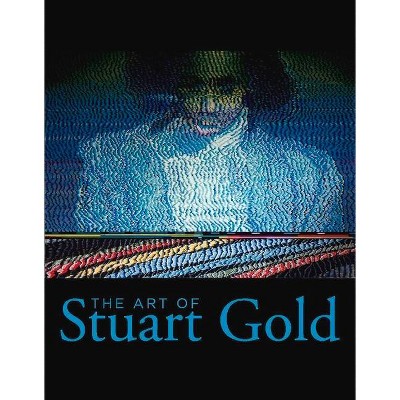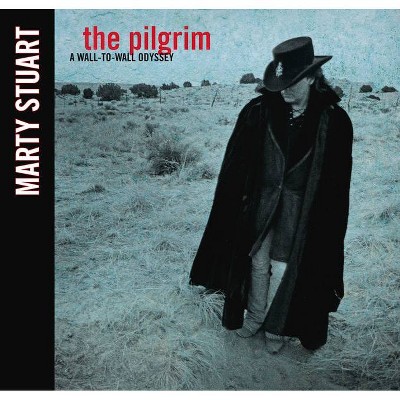The Daring Muse of the Early Stuart Funeral Elegy - by James Doelman (Hardcover)
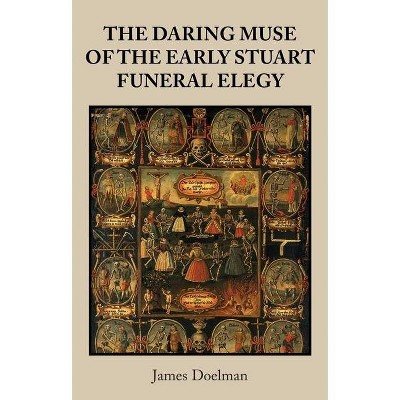
Similar Products
Products of same category from the store
AllProduct info
<p/><br></br><p><b> About the Book </b></p></br></br>A broad reading of the period's rich trove of funeral elegies, in both manuscript and print, which daringly use individual deaths as opportunities for ethical reflection, political comment, and even satire.<p/><br></br><p><b> Book Synopsis </b></p></br></br>The early Stuart funeral elegy was a copious and digressive genre, and exceptional deaths pressed elegists to stretch beyond the usual rhetoric of grief and commemoration. This book engages in a broad reading of the period's rich trove of funeral elegies, in both manuscript and print, and by poets ranging from the canonical to the anonymous. The book stands apart from earlier studies by its greater focus upon the <i>subjects</i> of funeral elegies (rather than the poets), and how the particular circumstances of death and the immediate contexts affected the poetic response. Individual deaths are understood in relation to each other and other prominent events of the time. While the book covers the period 1603 to 1640, the 1620s stand out as a tumultuous decade in which the genre most fully engaged in matters of political controversy and satire.<p/><br></br><p><b> From the Back Cover </b></p></br></br>Based upon a wide reading of funeral elegies of the period 1603 to 1640, this book explores the genre's daring unruliness, of both form and matter. Early Stuart funeral elegies go beyond lament, commemoration, and consolation as they use individual deaths as opportunities for ethical reflection, political comment, and even satire. Under the power of grief, the poems digress into sharp criticism of individuals, the broader culture, centres of power and other institutions, and even the world itself. Unlike other studies, this book takes the dead individual and his or her immediate context as its starting points, and it gives equal attention to print-based poems and those solely manuscript-circulated at the time. Thus, the study considers many anonymous poems ignored by scholars to date. Individual chapters focus on elegies on the royal family, the Duke of Buckingham, Sir Thomas Overbury, Sir Walter Ralegh, and prominent women such as Arbella Stuart, Venetia Digby, and the Countess of Huntingdon. Also discussed is the controversial death of the Earl of Lothian (1624), beset by rumours of suicide, murder, and witchcraft. In particular, the book explores the contentious funeral elegies that emerged during the intense political controversies of the 1620s, including elegies on figures who died in English military failures. Overall, the book shows how the circumstances of a death challenge poets to adapt the rhetorical resources of the genre to unusual situations, and how the genre engaged with other commemorative forms, such as the epitaph, funeral sermon, and funeral monument.<p/><br></br><p><b> About the Author </b></p></br></br>James Doelman is Associate Professor of English at Brescia University College, University of Western Ontario
Price History
Cheapest price in the interval: 102.99 on November 8, 2021
Most expensive price in the interval: 102.99 on December 20, 2021
Price Archive shows prices from various stores, lets you see history and find the cheapest. There is no actual sale on the website. For all support, inquiry and suggestion messages communication@pricearchive.us
